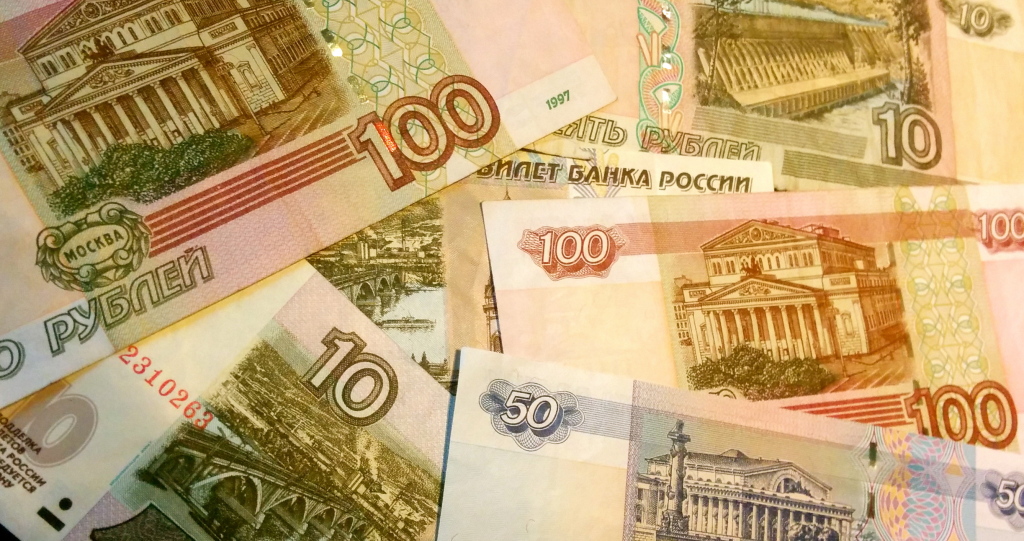It might be tempting today for policymakers in Berlin, Washington, Brussels and London to have a moment of schadenfreude at the Russian currency crisis, which seems to deepen by the hour.![]()
But as Russia’s economy significantly weakens, those same officials might regret their glee if it causes Russian president Vladimir Putin to double down on the nationalist rhetoric and geopolitical aggression that’s characterized his third term in office. The Guardian‘s Larry Elliott declared that with today’s collapse, the West has won its ‘economic war’ with Russia and otherwise christened it ‘Russia’s Norman Lamont moment,’ a reference to the British pound’s collapse in 1992:
Back in September 1992, the then chancellor said he would defend the pound and keep Britain in the exchange rate mechanism by raising official borrowing costs to 15%, even though the economy was in deep trouble at the time.
European and US governments slapped economic sanctions against several top Russian officials earlier this year, largely in retaliation for Russia’s annexation of the Crimean peninsula in March and the Kremlin’s continued role supporting separatists in eastern Ukraine. Even today, US president Barack Obama indicated that he would support even more economic sanctions against Russian weapons producers and other companies tied to the Russian defense industry after the US Congress overwhelmingly passed a new anti-Russia bill with bipartisan support.
The last Russian financial crisis in 1998 coincided with slowdowns across the developing world, an ominous sign for the struggling Brazilian, Indian and Chinese economies. It may have even precipitated the 1998-99 Asian currency crisis.
Much of Putin’s support in the last decade and in his first stint as president from 2000 to 2008 rested on the economy’s strong performance. After the embarrassing and impoverishing experience of the Soviet Union’s collapse, the Putin era brought an end to the grinding poverty that characterized the presidency of his predecessor, Boris Yeltsin. Buoyed by rising demand for Russian oil and gas, Putin presided over a boom in the mid-2000s that materially raised incomes across Russia, especially in cities like Moscow and Saint Petersburg.
That continued even through the presidency of Dmitry Medvedev, when Putin, barred from a third consecutive term, instead served as prime minister. But since returning to the Kremlin in 2012, Putin has faced an increasingly precarious economy, and as Max Fisher and other commentators have convincingly argued, the political basis for Putin’s government has shifted from economic grounds to increasingly nationalist and populist rhetoric. That explains the Kremlin’s machinations in Ukraine and its growing political standoff with Europe and the United States, a stand that’s boosted Putin’s previously flagging approval ratings.
If that’s true, though, the risk of Russian aggression is actually rising as its economy deteriorates. There are now several potential catalysts — the currency crisis could easily engender a wider economic recession, oil prices might continue their drop, or the United States and Europe could implement deeper sanctions. In such case, Russian president Vladimir Putin may respond by intensifying his saber-rattling against not only Ukraine, but the Baltic states, southern Europe, Moldova and Kazakhstan, to say nothing of Belarus, Georgia or elsewhere. Continue reading Why the West shouldn’t root for Russia’s rouble freefall



